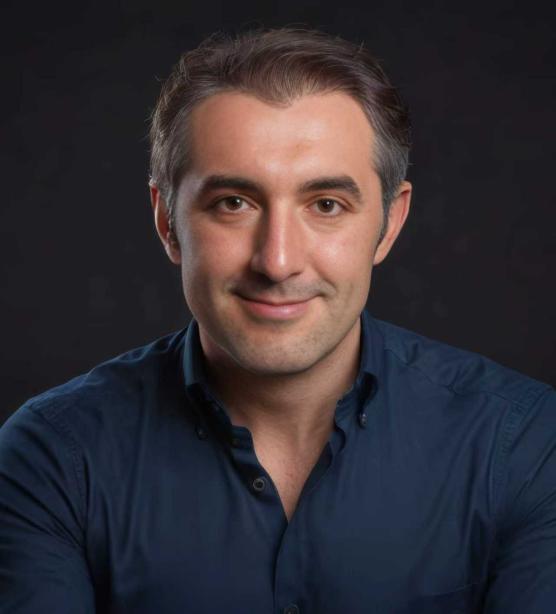摘要
At Erturk lab, we build technologies for whole-mammalian-body and intact human organ imaging at true single-cell resolution. By combining advanced tissue clearing, high-resolution light-sheet microscopy, and AI, our lab has generated some of the largest cellular datasets in biology, covering more than 15 trillion cells across organs and systems. These maps let us trace disease mechanisms, visualize therapeutic responses, and create the structural backbone for digital biology, shifting parts of experimentation from animals toward computable simulations. We now fuse 3D cell-level maps with molecular, genetic, and behavioral data and train large transformer models at scales comparable to today’s language models. On top of this framework, we design therapeutic peptides and delivery systems with AlphaFold and related AI, and uniquely validate their in-vivo targeting at single-cell resolution. This convergence of imaging, AI, and molecular design aims to accelerate discovery and precision medicine, and we welcome collaboration with the computer science and engineering community at Peking University.
个人简介
Ali Ertürk studied at Bilkent University and completed his PhD at LMU Munich and the Max Planck Institute, followed by a postdoctoral fellowship at Genentech on neurodegeneration, brain injury, and tissue clearing. He is now Director of the Institute for Intelligent Biotechnologies at Helmholtz Munich and Professor at LMU Munich. His lab develops end-to-end pipelines that couple tissue clearing and light-sheet imaging with spatial proteomics and machine learning to map whole organisms at cell level and to build biological digital twins. Recent work includes AI-guided nanocarrier targeting and deep 3D histology, with translation via Deep Piction to develop more effective therapeutics for partners in biotech and pharma.

